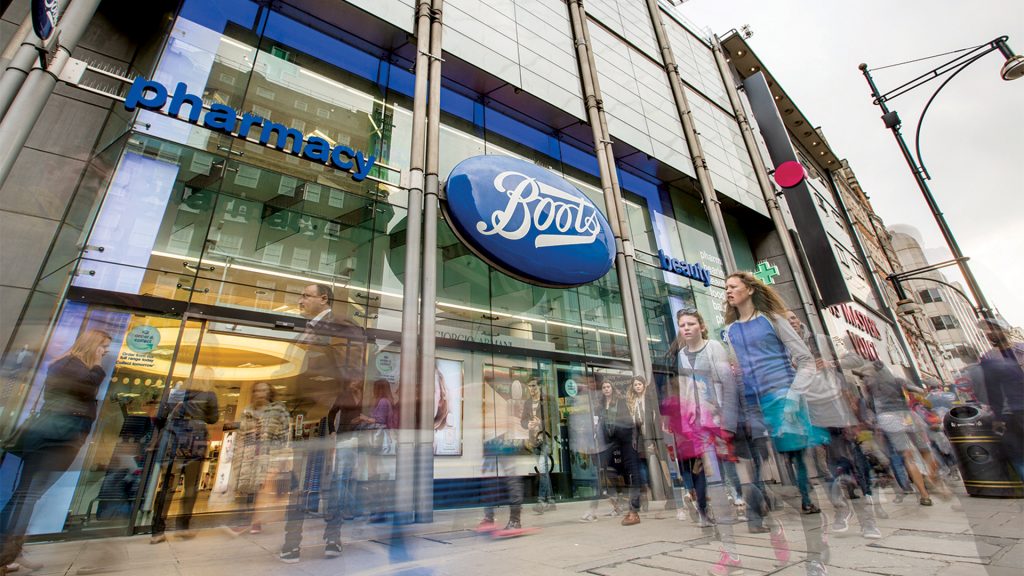L’Occitane Group annual sales rise as Sol de Janeiro becomes second-largest brand
L’Occitane Group has reported a 17.9% increase in sales to £1.8 billion (€2.1 billion) for the full-year ending 31 March 2023, boosted by "stellar" growth from Sol de Janeiro.
Sales in the fourth quarter were up 20.6% to £458 million (€524.5 million), with Sol de Janeiro and Elemis reporting rises of 284% and 17.8%, respectively. L’Occitane en Provence sales dropped 0.6% in Q4.
For the full-year, L’Occitane Group shared the following individual brand results:
- L’Occitane en Provence sales up 2.3% to £1.2 billion (€1.4 billion).
- Sol de Janeiro sales up from £22 million (€26 million) last year to £233 million (€267 million).
- Elemis sales up 13.1% to £223 million (€255 million).
- Other brand sales up 13.1% to £166 million (€190.5 million).
For regional performance, the Americas led the group’s growth at 80.4%. However, the EMEA region reported a sales decline of 1.1%, mainly due to the divestiture of Russia in June 2022.
Wholesale rose 59.6%, helped by growth in wholesale chains, international distribution and travel retail.
Online channels posted growth of 9.3%, mainly driven by the performance of Sol de Janeiro. Excluding Sol de Janeiro, online sales declined due to the return of traffic to brick-and-mortar channels.
Retail sales increased 0.2%, but were affected by the divestiture of Russia, store closures in China due to COVID-19 outbreaks, and the closure of some own stores.
André Hoffmann, Vice-Chairman and CEO of L’Occitane Group, said: “We are well-positioned to sustain growth in the coming year as we introduce our newer brands into new markets and channels.
"The ongoing success of our multi-brand strategy is becoming more apparent with Sol de Janeiro now our second-largest brand, less than 18 months since its acquisition.
"We also continued to make solid progress in the ESG space having recently announced a roadmap for achieving a science-based net-zero target across all of our brands."
Earlier this week, L’Occitane Group unveiled its three-pillar strategy to help reduce its greenhouse gas emissions by 2031 and achieve net-zero emissions by 2050.
To develop its strategy, the group has been collecting data covering all direct and indirect emission sources since its first carbon assessment in 2008.
The three-pillars include reducing emissions from energy consumption, reducing shared-responsibility emissions, and conserving and restoring ecosystems to neutralise residual emissions.






